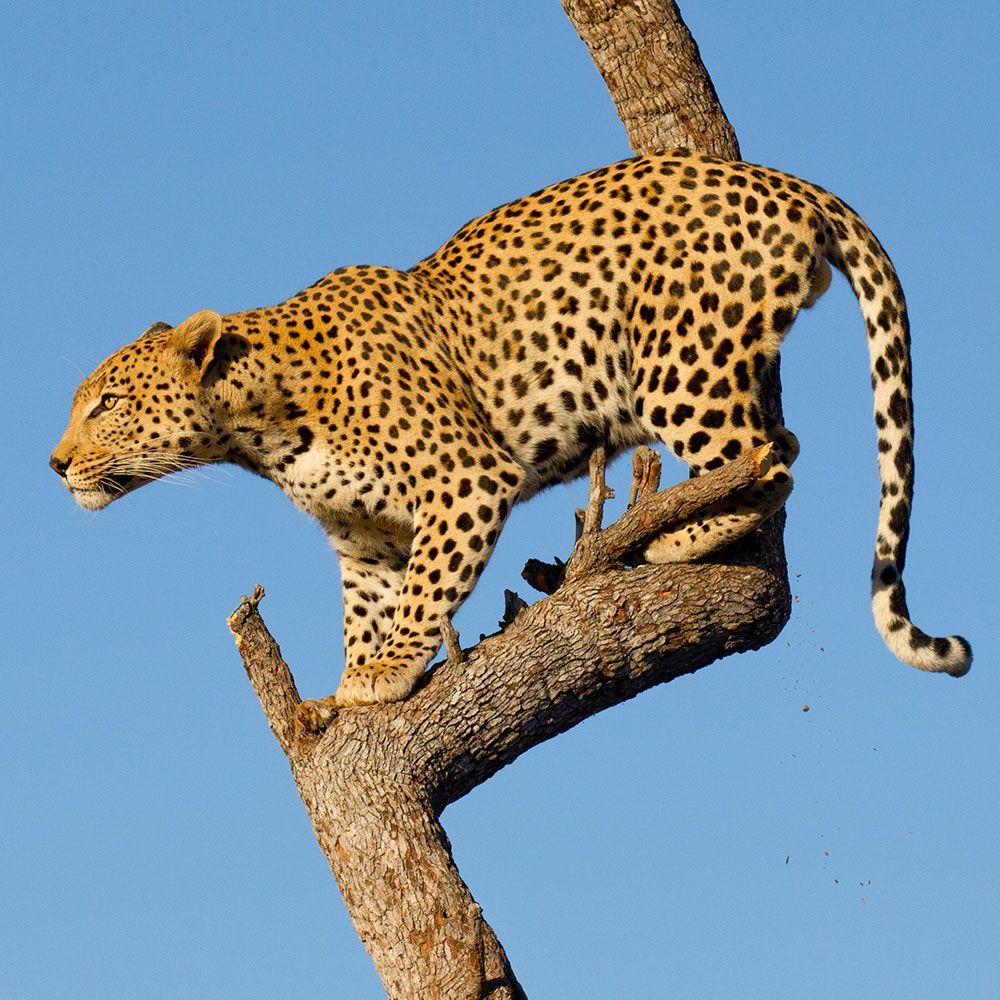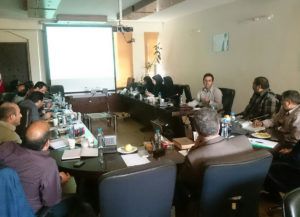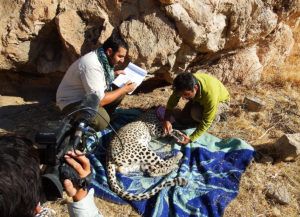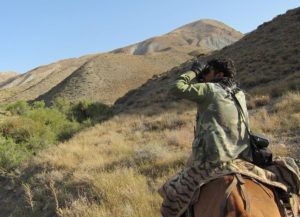Persian Leopards
Project profile
Persian leopards
Study species: Persian leopard
Project location: Iran
Species fact: Persian leopards are the largest extant cat in west Asia, sometimes attaining a body mass of 90 kg. They live in rugged mountains, usually not higher than 3000 metres above sea level, with a large home range.
Problem: Persecution is the main threat that Persian leopards face in the Middle East, either against themselves or their main prey such as bezoar goat, urial sheep or different deer species. The main reason for direct persecution of leopards is their occasional engagement in conflict with the rural people they live alongside. In cases of severe conflict, retaliation by local people might happen.


Goal 1
Enhancing law enforcement efforts to tackle poaching problem, which mainly target leopard prey species. We will improve capacity of anti-poaching units within key leopard sites.

Goal 2
Continue to understand the ecological needs of Persian leopards using satellite-tracking and camera traps. We will learn more about how they move among people, how they share mountains with each other and how populations change.

Goal 3
Raise awareness of, and try to reduce, the threats of the leopard persecution. This includes working closely with hunters and herders in leopard ranges.

What your donation can achieve
£25
could help provide and maintain motorbikes so rangers can patrol more areas of the vast park and prevent poaching.
£50
could help us make anti-poaching a government priority in the leopards’ park.
£100
could help the team combat diseases that could affect and limit the leopards’ prey.
